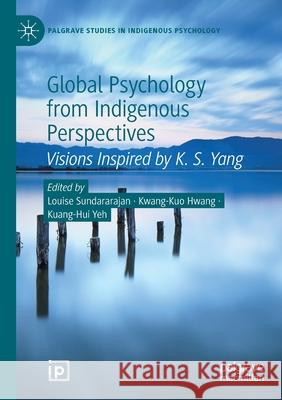Global Psychology from Indigenous Perspectives: Visions Inspired by K. S. Yang » książka
topmenu
Global Psychology from Indigenous Perspectives: Visions Inspired by K. S. Yang
ISBN-13: 9783030351274 / Angielski / Miękka / 2021 / 295 str.
Global Psychology from Indigenous Perspectives: Visions Inspired by K. S. Yang
ISBN-13: 9783030351274 / Angielski / Miękka / 2021 / 295 str.
cena 644,07
(netto: 613,40 VAT: 5%)
Najniższa cena z 30 dni: 616,85
(netto: 613,40 VAT: 5%)
Najniższa cena z 30 dni: 616,85
Termin realizacji zamówienia:
ok. 16-18 dni roboczych.
ok. 16-18 dni roboczych.
Darmowa dostawa!
Kategorie:
Kategorie BISAC:
Wydawca:
Palgrave MacMillan
Seria wydawnicza:
Język:
Angielski
ISBN-13:
9783030351274
Rok wydania:
2021
Wydanie:
2020
Numer serii:
000820997
Ilość stron:
295
Waga:
0.38 kg
Wymiary:
21.01 x 14.81 x 1.7
Oprawa:
Miękka
Wolumenów:
01
Dodatkowe informacje:
Wydanie ilustrowane











